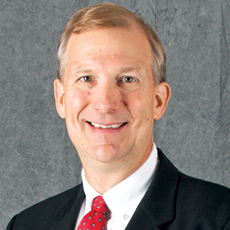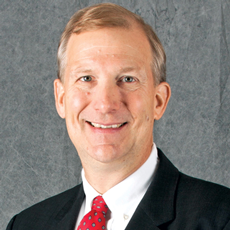

Little Johnny sauntered into his fifth-grade classroom the morning after report cards were sent home.
Why are you so bouncy? His puzzled teacher inquired.
Well, Johnny said, his father had seen his report card and had immediately said, “Somebody is going to be getting a whipping if the grades didn’t improve soon!”
And so the question goes: Who’s going to be getting the whipping if severe shortages of personal protective equipment and staffing don’t improve the next time they’re measured at the nation’s nursing homes?
Both providers and federal regulators agree nursing homes are under siege and in need of help. But each one thinks the other is responsible for halting the carnage. Meanwhile, the problems don’t go away.
A study released Thursday afternoon shows that shortages in PPE did not meaningfully improve over a two-month period this summer. The measurement window notably came after the June target date when major government and industry stakeholders were expecting the supply pipeline from China to reopen and make the market flush enough for providers to catch up.
So is it Johnny’s — the nation’s nursing homes — fault or the “teacher’s” — the Centers for Medicare & Medicaid Services’ — fault for the stagnant, dangerous numbers that at least one expert called a “massive red flag” and others labeled “unacceptable”?
Clearly, it depends upon whom you ask. CMS has stated its role is actually more like that of a state superintendent than a teacher: Rule from on high. Set policies, pay for a lot with taxpayer money and keep the broader public happy.
CMS has “provided nursing homes the tools they need to stop the virus’ spread and, ultimately, each nursing home is responsible for its residents’ safety,” the agency said in a statement that probably will become accompanied by a social media meme showing a pair of hands washing itself of anything resembling responsibility.
But what of the agency position? What responsibilities do providers ultimately have? Is it fair for them to look to the higher authority to fix the problems? It can be argued that some operators are spending enough to adequately supply and staff up while others, for numerous reasons, aren’t.
The schoolboy Johnny analogy, admittedly, is not entirely fair because the implication is the lad only needs to start buckling down to get better grades. Nobody is saying nursing homes can “fix” their problems by simply applying effort. In the original, Johnny has gotten himself into his own mess, and that is not the way the deadly COVID-19 story has unfolded. Johnny does not need thousands, or even millions, of dollars to get up to speed.
Some will point out that this pandemic is unlike anything any living caregiver or government official has dealt with before. How could “Johnny” or “the teacher” have been prepared for a life-or-death test like this?
Most importantly, however, the question remains: How could Johnny remain vulnerably flapping in the wind, with 1 in 5 nursing homes around the country showing no appreciable gains in dealing with this insidious foe over the deadly summer everyone saw coming?
To some, the responsibility clearly lies with the higher authority.
“We have had no coherent federal response,” slammed Terry Fulmer, the president of the John A. Hartford Foundation. She’s also a member of the administration’s new nursing home quality and safety commission but was not involved with the research.
“We have been slow to provide resources to nursing homes, and when we have provided them, they have been inadequate,” added Harvard health policy professor David Grabowski, one of the study’s three respected authors, and another member of the national commission.
Many promises from the federal government have been either partially fulfilled or delayed, Grabowski added. That includes supplying fast-test COVID-19 detection machines to every facility in the country, which might not have enough ancillary supplies to do much extra good for many months anyway, according to some reports.
“The federal government should really own this issue,” he said.
When it’s a nation diminishing itself through the poor outcomes of its most frail residents, one would certainly think so. When Johnny doesn’t improve, we all flunk out and the penalty is far worse than detention hall or a slap on the butt from Dad.
Follow Executive Editor James M. Berklan @JimBerklan.




